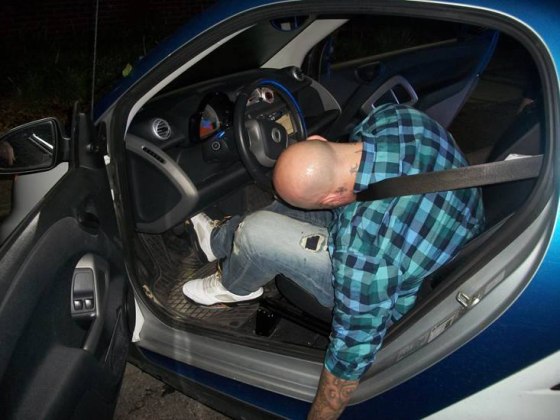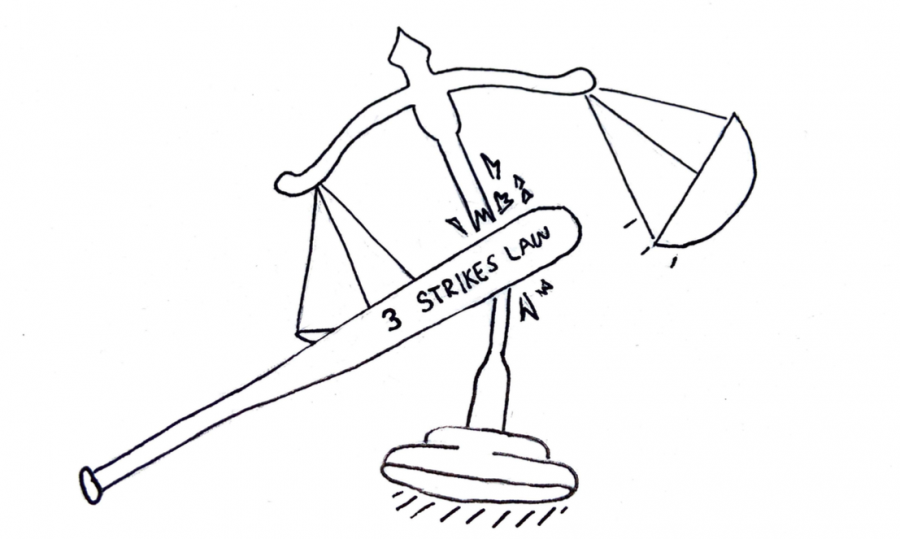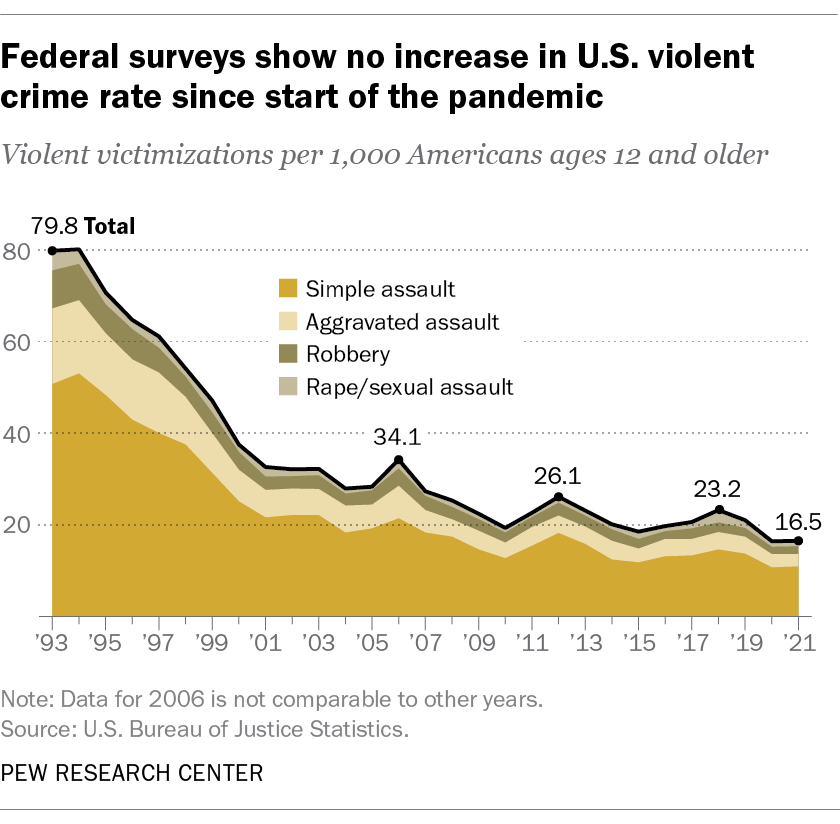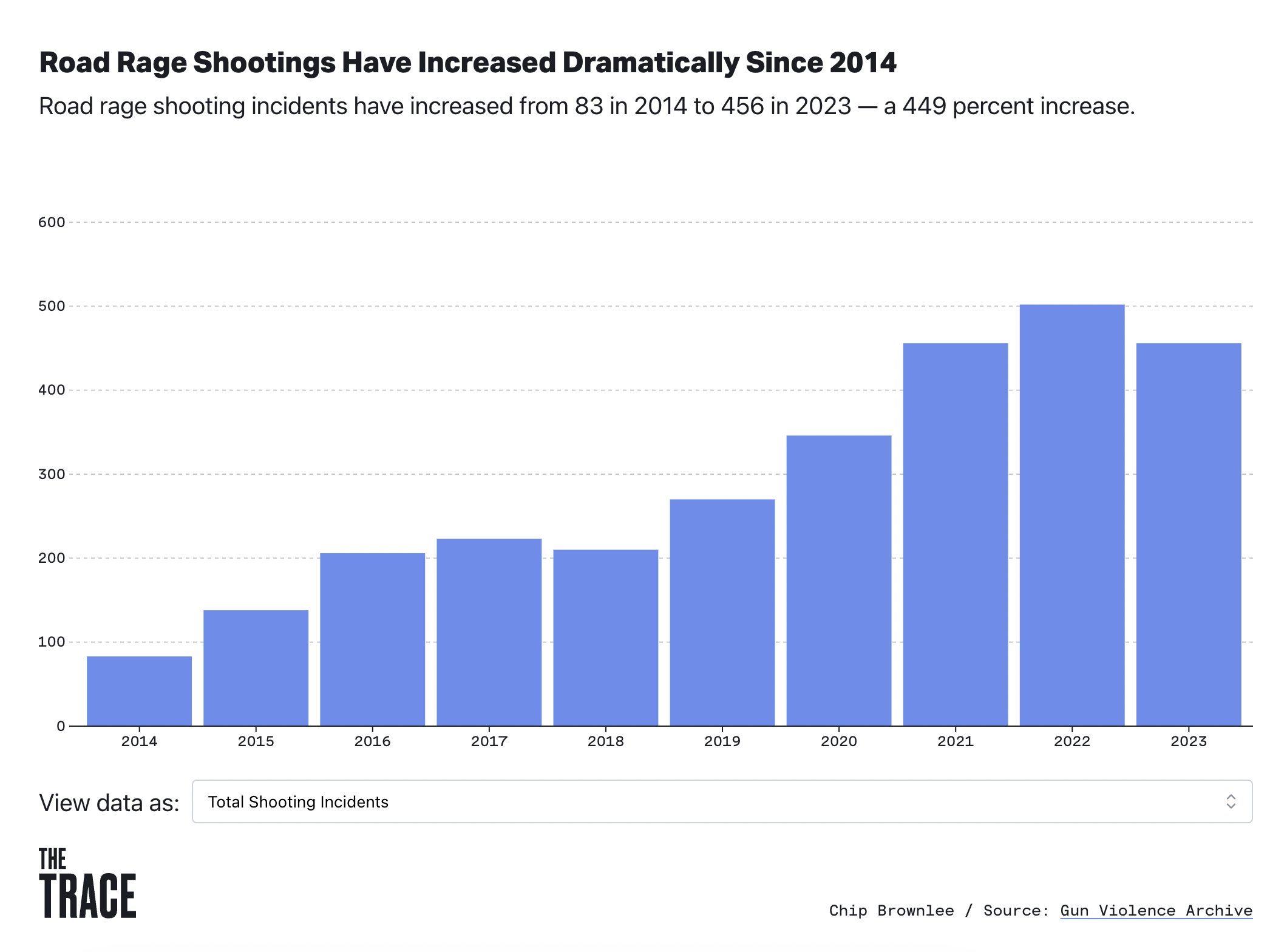
(rawf8 / Shutterstock photo)
In State v. Hamilton, No. 85055-5-I (March 17, 2025), the WA Court of Appeals decided that disarming those convicted of Vehicular Homicide is consistent with the United States’ historic tradition of firearms regulation.
FACTUAL BACKGROUND
Mr. Hamilton was convicted of Vehicular Homicide after a jury trial. Due to his felony conviction, the court notified Hamilton that he could no longer possess firearms. He was ordered to immediately surrender his concealed pistol license and any firearms in his possession. The court also imposed conditions forbidding him from owning, using, or possessing a firearm or ammunition, consistent with the prohibition set out under statute.
On appeal, Hamilton argued that Washington’s statutes restricting his firearms post-conviction violate the Second Amendment to the United States Constitution.
COURT’S ANALYSIS & CONCLUSIONS
The Court of Appeals (COA) discussed numerous U.S. Supreme Court decisions addressing Second Amendment. These decision include New York State Rifle & Pistol Association v. Bruen, and United States v. Rahimi. In applying stare decisis, the COA ultimately held that the overwhelming majority of courts addressing statutes that ban convicted felons from possessing firearms have rejected the contention that such laws are now unconstitutional. Next, the COA addressed Hamilton challenging the as-applied constitutionality of several Washington statutes that work in conjunction to strip a person’s right to bear arms upon conviction for a felony.
” . . . We conclude that disarming those with felony convictions is demonstrably consistent with America’s historic tradition of firearms regulation. Common law has a long history of disarming individuals, or categories of individuals, who were viewed as a danger to public order . . . The historical justification for felon bans reveals one controlling principal that applies to each historical period: violent or otherwise dangerous persons could be disarmed . . .”
“Groups of people who were categorized as presenting a danger to the public order during that era of our nation’s history included American Indians, Catholics, Quakers, slaves, and freed Black people. Such restrictions are repugnant and would fail modern constitutional scrutiny, but they nevertheless demonstrate historical precedent for restricting the firearms rights of persons perceived to be dangerous.” ~WA Court of Appeals
Finally, the COA addressed Hamilton’s argument that his felony conviction involved a “tragic accident” rather than the actual use of a firearm or political activity. The COA reasoined that Hamilton nevertheless committed a felony offense that resulted in the death of another person. As a result, reasoned the COA, his behavior places him squarely in the category of persons deemed dangerous to the public order for the purpose of historical firearms regulation.
With that, the Court of Appeals affirmed Hamilton’s criminal conviction.
Please contact my office if you, a friend or family member are charged with a Firearm Offense or any other crime. Hiring an effective and competent defense attorney is the first and best step toward justice.















